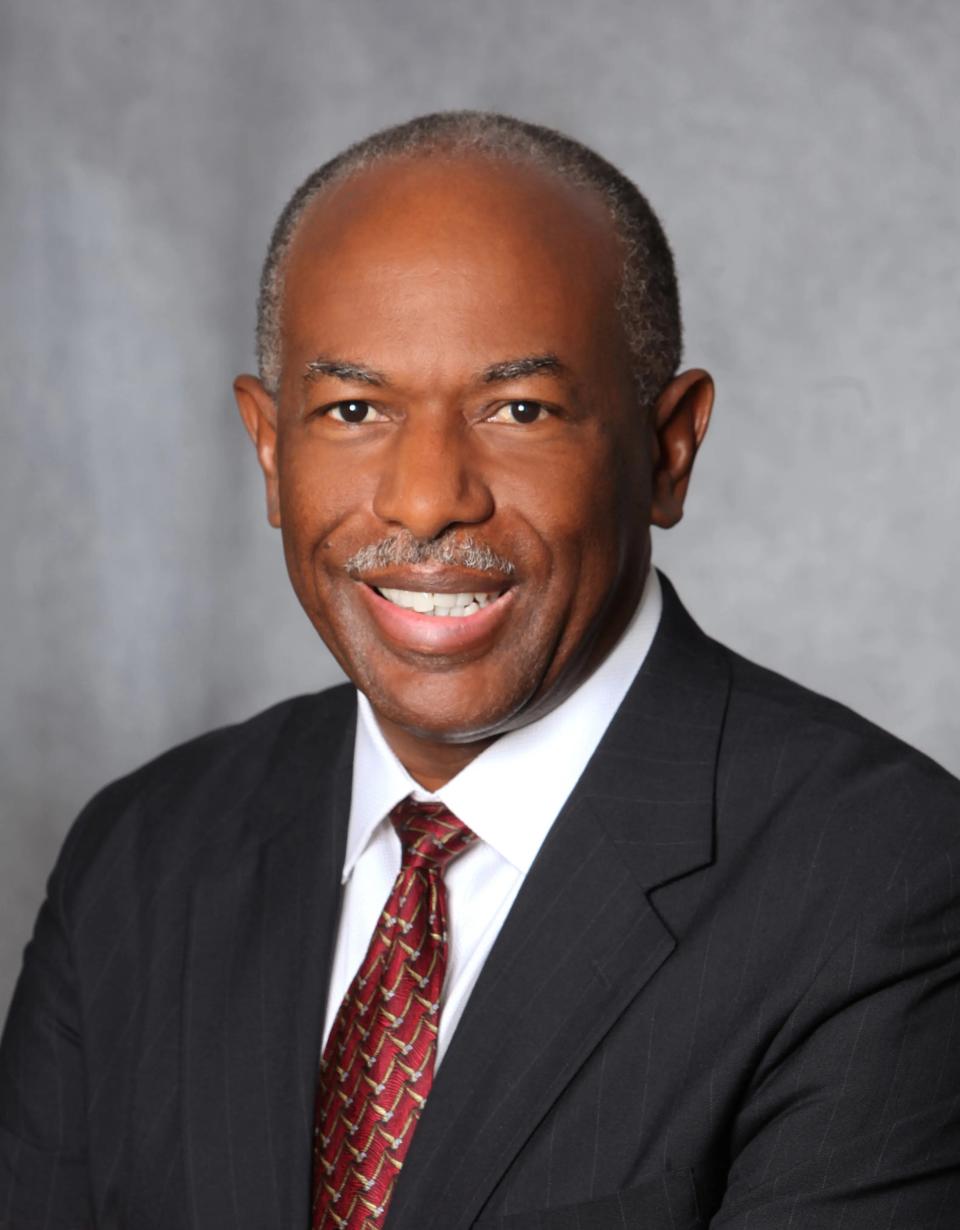The next mayor must make investing in North Nashville a top priority | Opinion
For the last decade we have seen unprecedented growth in Nashville, from new skyscrapers bringing in new businesses to new apartments bringing in new residents.
While this economic boom benefited many Nashvillians, the growth has neither been kind nor fair to all. Historically Black neighborhoods like North Nashville — which Meharry Medical College, Fisk University and Tennessee State University are proud to call home — have not received the same financial investments as other areas of the city.
As we near the mayoral runoff election on September 14, this question needs to be answered: “What is our next mayor’s plan for North Nashville?”
Upcoming event: How to get tickets for Black and Latino Tennessee Voices Storytellers Live
Hear more Tennessee Voices: Get the weekly opinion newsletter for insightful and thought provoking columns.
Here’s what caused Jefferson Street’s decline
North Nashville is one of the last remaining Black neighborhoods in our city, and it is quickly evolving. Due to astronomical rent prices, lack of reliable public transportation and poor health outcomes it is harder for the families of North Nashville to live in a neighborhood most of them have called home for decades, or even generations.
Many Nashvillians aren’t aware of the proud and rich history of North Nashville, specifically Jefferson Street – a once thriving and bustling corridor filled with prosperous businesses. Jefferson Street was a pivotal part of the Black community because we were proud to call it our own during a time when we were fighting for our fundamental rights as Americans.
The decline of Jefferson Street and North Nashville can be traced to a singular moment in our city’s history: the creation of Interstate 40 in the 1960s. The placement of I-40 cutting through North Nashville was an intentional and hostile act by the government to isolate the neighborhood because civic leaders did not value the residents who would be severely and generationally impacted.
What proved to create convenience for the wealthy, white residents of Nashville started a negative domino effect for the often poorer, Black residents of North Nashville.
The interstate permanently displaced more than 1,000 residents and led to the destruction of homes, churches and businesses. One of the most glaring negative outcomes: residents who live in the 37208 zip code experience one of the highest incarceration rates in America.
I believe if North Nashville hadn’t been intentionally segregated and decimated at the hands of the government more than 60 years ago, the vibrant and resourceful people of North Nashville would be fairing differently today.
2023 election: Questions Tennessean readers want Nashville mayoral candidates to answer
Sign up for Black Tennessee Voices newsletter:Read compelling columns by Black writers from across Tennessee.
Be intentional about lifting and empowering this community
Since Metro government had a hand in the destruction of the neighborhood, it should have a hand in building it back up.
I am not proposing developers gentrify the neighborhood beyond recognition and further alienate and push out residents. But there must be intentional efforts to uplift and empower this part of the city. We have seen what happens when Metro’s favor and money flow into an area. Home values increase, new businesses open and local public schools get better.
North Nashville deserves more than neglect and sometimes outright hostility from those who are supposed to be stewards of the entire city. It deserves a transformative economic, business and housing development model - a laser-focused plan that will prioritize equity through education, training, wellness and wealth-building, while still offering affordable housing for residents.
With these goals in mind Meharry Medical College has drafted a vision for our neighborhood that we call “The Academic Mile.” We have seen what this area looks like when residents are empowered and have the economic tools needed to create a thriving neighborhood. “The Academic Mile” is an opportunity for the Jefferson Street corridor and 37208 area to gain much needed investments, develop empowerment opportunities, create affordable housing and improve the health and wellness of residents.
A critical component of “The Academic Mile” will be public and private partnerships. It is imperative that Metro government and future developers work hand-in-hand with North Nashville residents to ensure they are not sidelined as the neighborhood improves, forced to watch their rents escalate and making it unaffordable to live there.
Sign up for Latino Tennessee Voices newsletter:Read compelling stories for and with the Latino community in Tennessee.
How to watch Wednesday’s virtual forum
As the president and CEO of Meharry, I am eager to work with the next mayor to develop affordable housing solutions, strengthen the pipeline of Black health care workers, positively impact the social determinants of health and improve overall health outcomes for all who call 37208 home.
I hope the next mayor of Nashville will join us as we work to return this neighborhood to the vibrancy it once had.

With this spirit of revitalization in mind, Meharry and the Urban League are hosting a virtual mayoral forum this Wednesday (Aug. 23) from 6-7 p.m. with candidates Freddie O’Connell and Alice Rolli.
We look forward to having a robust conversation about the needs of North Nashville. Please use this link to watch the forum: https://www.youtube.com/@meharrytube.
Dr. James Hildreth is the president of Meharry Medical College.
This article originally appeared on Nashville Tennessean: The next mayor must make investing in North Nashville a top priority

